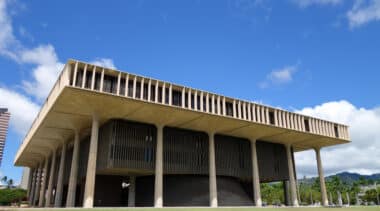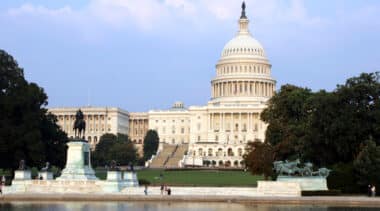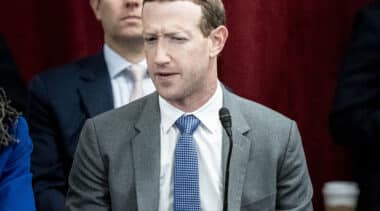Policy Briefs
View all policy studies.-
Psychedelic treatment for neurodegenerative disorders
Recent research suggests that psychedelics, such as psilocybin and LSD, show strong potential as effective treatments for neurodegenerative disorders.
-
Vision Zero and Complete Streets: Do they make roads safer?
In the wake of rising traffic fatalities, municipalities have been looking for a comprehensive solution to reduce or eliminate traffic fatalities.
-
The case for Connecticut’s fiscal guardrails
The “fiscal guardrails” have saved Connecticut more than $170 million and could save $7 billion over the next 25 years.
-
A framework for federal and state hemp-derived cannabinoid regulation
The growing popularity of hemp-derived products has stimulated significant legislative attention in recent years, with over 90 regulatory proposals introduced in state legislatures in 2024 alone.
-
Transparent K-12 open enrollment data matters to parents, policymakers and taxpayers
A total of 16 states have strong statewide cross-district open enrollment laws, while 13 states have strong statewide within-district open enrollment laws.
-
Reforming environmental litigation
There is growing bipartisan support that the NEPA process, as it has evolved since the legislation’s enactment in 1970, has gone too far, placing obstacles and delays in the way of needed energy and transportation infrastructure projects.
-
Is private equity a public financial hazard?
Private equity funds lack clear return and risk metrics, making it hard to assess performance before investments are redeemed, often a decade or more after the initial investment.
-
Getting cannabis legalization right in Hawaii
Hawaii may be poised to become the 25th state to legalize the recreational use of cannabis for adults aged 21 and over.
-
Ibogaine treatment for opioid use disorder
Policymakers should consider ibogaine as a potential alternative treatment for opioid use disorder.
-
The effects of cash bail on crime and court appearances
Research suggests that curtailing the use of monetary release conditions among low-risk defendants would not result in dramatic drops in court attendance or increased risk of reoffending.
-
A policy framework for personal psychedelics licenses
Psychedelic licenses for consumers have advantages over the current approach in two U.S. states that rely on professionals to dispense and facilitate services.
-
Grading every state’s telehealth laws
While many state telehealth laws changed during the COVID-19 pandemic, some of those reforms have expired and many best practices that would improve health care and help patients still need to be implemented.
-
The implications of federal cannabis rescheduling
While the optimal solution would be to remove cannabis from the list of controlled substances entirely, moving it to Schedule III presents both immediate and long-term advantages over its current Schedule I designation.
-
The case for interstate marijuana commerce right now
Pathways to establishing an interstate marketplace for marijuana.
-
FTC’s lawsuit against Facebook is a test case for path-breaking interpretation of antitrust policy
If the FTC can convince the courts that Facebook’s allegedly anticompetitive behavior has damaged the market, the default solution is nothing short of the dismantling of the company.
-
The importance of North Carolina’s ports and how to improve them
This policy report examines the roles ports play in North Carolina’s economy, as well as how they are operated.
-
Five actions transit agencies should take in the next two years
With transit ridership down, most large transit agencies will likely face a severe financial cliff in late 2024 when federal stimulus funds have been depleted.
-
California’s Age-Appropriate Design Code Act threatens the foundational principle of the internet
The AADC’s age assurance requirement erects onerous barriers that would discourage internet use and chill protected speech.

















